
IAACU Learning Hub
Resources
At IAA Credit Union we strive to build personal relationships that promote smart financial decisions. We hope the resources below help our members expand their financial knowledge and help them utilize our products and services to their full potential.
Plus, check out even more resources from our Partner GreenPath Financial Wellness.
Online & Mobile Banking
IAACU Cards App
Mortgage
IAACU Blog
Credit Scores…..Where does that magical number come from?

We all know that most lending institutions are going to use a person’s credit score as a basis for approving a loan and also to determine what their interest rate will be. To many of us that credit score is just a number, and the higher it is the better. But what is a credit score really? What information determines what that number will be?

- 35% of your score is Payment History. Payment history on all of your accounts is the biggest factor in your score. Missing one payment can have a substantial impact on your score. It can take 24 months of on-time payments for your score to recover from one 30 day late payment.
- 30% of your score is Capacity. The amount you owe is as important as how you pay your bills. This includes both installment loans and revolving limits. Installment loans compare your balance to the original loan amount while revolving limits compare your current balances with your credit limits. To maximize your score, your total revolving balances should not be more than 30% of the total line of credit. Closing Credit card accounts can potentially hurt your score as this reduces your capacity.
- 15% of your score is Length of Credit. This is the length of your credit history or the length of time, specific accounts have been open. Six payments are required on an active loan to generate a score for the first time. Many people think that closing old accounts will improve their scores, but in reality, this could actually have a negative impact. More weight is given to longer history, so leaving those older accounts open is better.
- 10 % of your score is New Credit. This is new debt that you have accumulated in the last 12 to 18 months. It also considers whether you have taken on new credit that can cause you to over-extend yourself. In addition to new debt, the credit bureau also looks at the number of “hard inquiries” you have had, meaning the number of times that you have applied for credit or a limit increase. These inquiries will stay on your report for 2 years, but only the last year is calculated into the scoring.
- 10% of your score is Types of Credit. To get the most out of this category you should have a diverse credit history that includes credit cards, car loans, student loans, and mortgages. Some categories do have more weight than others, but all are important. Mortgages have more weight than installment loans, and revolving credit (such as credit cards) is given a lesser value.
While a lot of information is contained in your credit score it is not always the big picture. There are some exclusions as well, such as your race, national origin, gender, or criminal record. It also does not include debt ratio, income, length of residence at current address, length of employment, current employment status, marital status, or whether you receive public aid. Even though these factors are left out, some of them help determine what loans and interest you are qualified for.
Knowing where the score comes from is only half the battle. The other half is what actions will hurt you, and what you can do to make the score better. With IAA Credit Union's "My Credit Score" you can do more than just see your credit score. You can set goals based on your spending and saving, learn simple actions on how to improve or maintain your score and file a dispute all within the app.

e08dd9fb-d734-44f1-b30a-cc8287ea8489.tmb-vthumbnail.jpg?Culture=en&sfvrsn=4b2c0616_2)
6209e6bc-374e-4e38-a38f-a434b9da8499.tmb-vthumbnail.jpg?Culture=en&sfvrsn=e5ac7324_2)
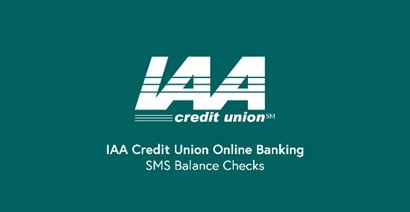
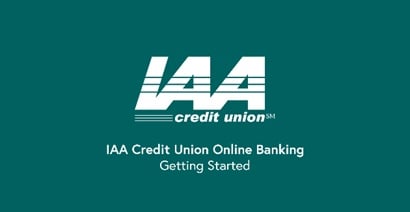
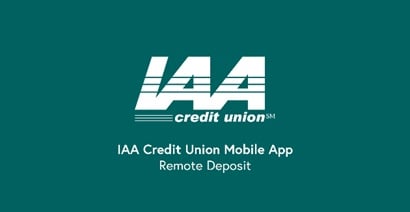
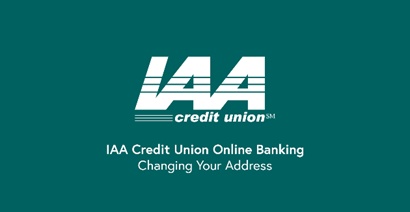
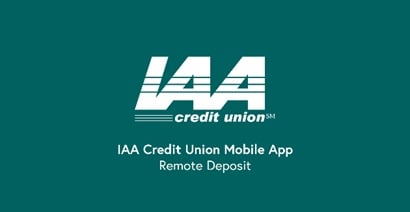
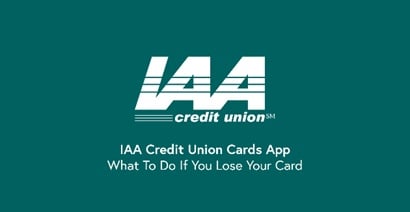
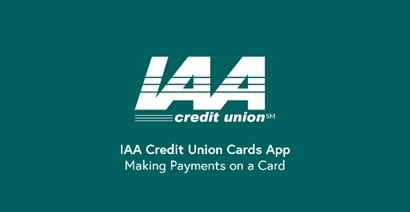
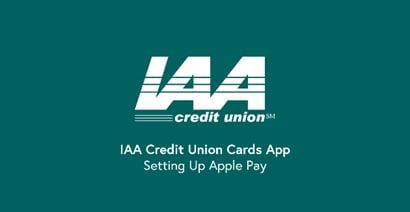
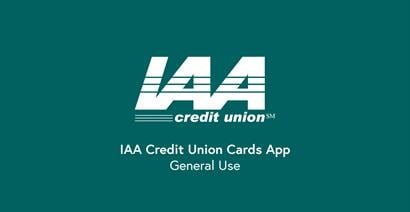
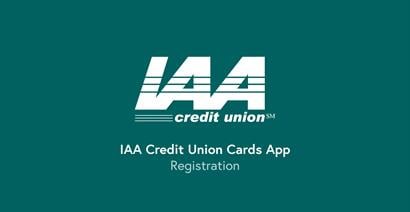
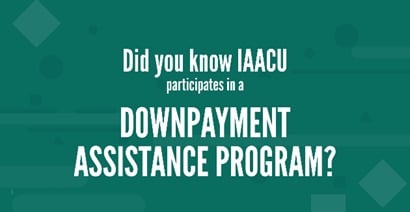

.tmb-vthumbnail.jpg?Culture=en&sfvrsn=55fe3009_1)
.tmb-vthumbnail.jpg?Culture=en&sfvrsn=adf2a6dc_2)


